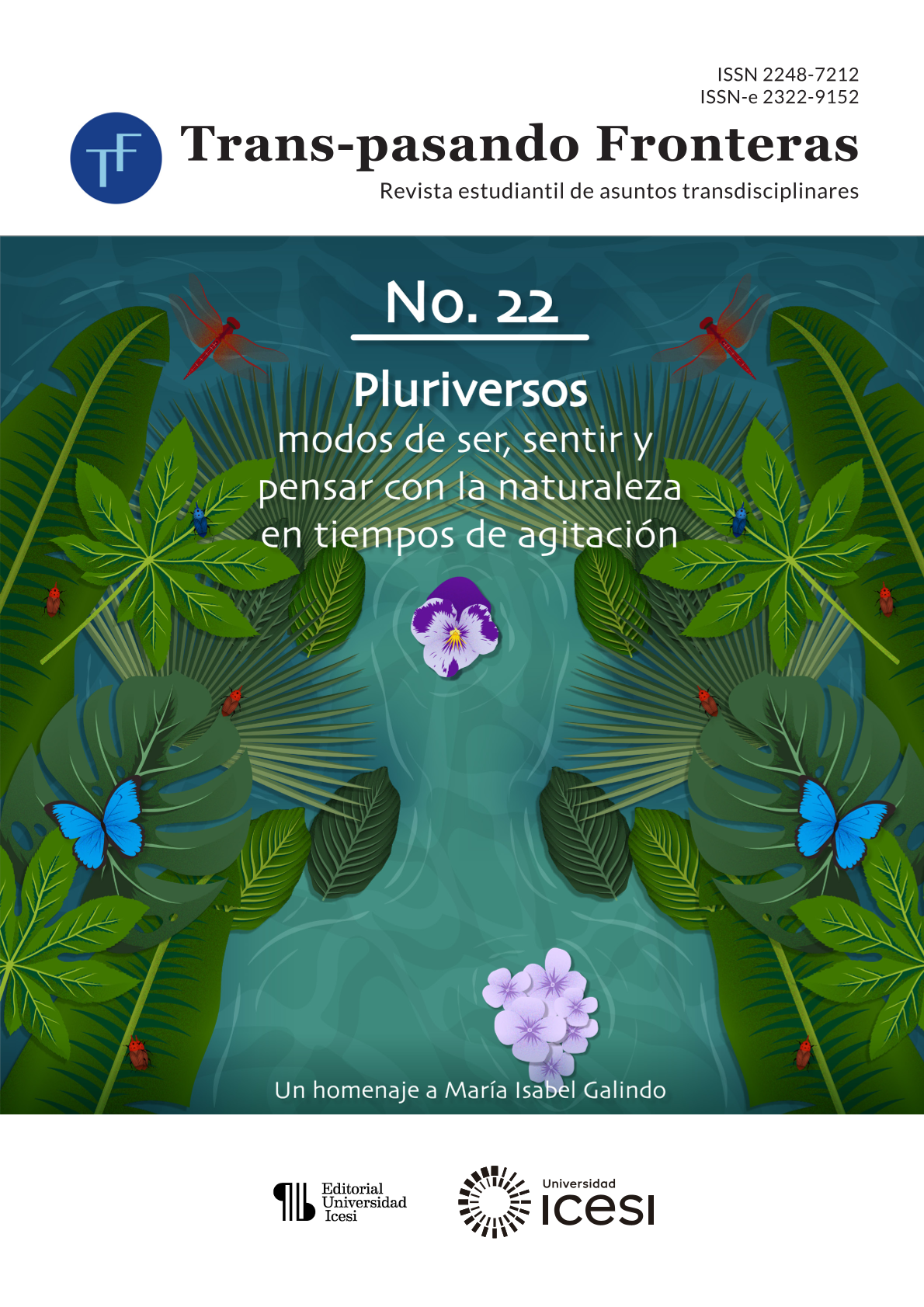Education and political ecology as vehicles to recognize the human-nature relationship and its significance in society
DOI:
https://doi.org/10.16146/retf.i22.7158Keywords:
political ecology, environmental education, geography, educational policiesAbstract
It is true that in education, many different areas influence the way it is presented, such as history, social sciences, or exact sciences. Likewise, due to the diversity of contexts in which education takes place, these connections sometimes generate significant transformations in learning environments. Unfortunately, in Colombian primary and secondary schools, environmental education is not taught adequately. This often results in a limited classroom approach, leaving out many important environmental and social issues. On the other hand, political ecology is an interdisciplinary field that studies the relationships between humans and nature from a power and conflict perspective, offering an interdisciplinary approach that can exceptionally complement environmental education. Therefore, this text analyzes environmental education in Colombia and explores how the perspective of Political Ecology can contribute to improving its approach. In line with this, the text emphasizes the need to incorporate symbolic, social, and cultural aspects into environmental education, which goes beyond a purely naturalistic view.
Downloads
References
Chakrabarty, D. (2018). Clima e historia: cuatro tesis. Utopía y Praxis Latinoamericana, vol. 24, núm. 84. https://doi.org/10.5281/zenodo.2653175
Constitución Política de Colombia. (1991). Artículo 67. https://minciencias.gov.co/sites/default/files/upload/reglamentacion/ConstitucionPoliticaColombia-1991.pdf
Delgado, G. (2013). ¿Por qué es importante la ecología política? Nueva sociedad, (244), 47-60. https://static.nuso.org/media/articles/downloads/3927_1.pdf
Escobar, A. (2010) Ecologías políticas postconstructivistas. Universidad de Carolina del norte. http://www.sustentabilidades.usach.cl/sites/sustentable/files/paginas/02-05.pdf
Escobar, A. (2011). Ecología política de la globalidad y la diferencia. La naturaleza colonizada. Ecología política y minería en América Latina, 1, 61-92. https://redaf.org.ar/wp-content/uploads/2012/02/naturalezacolonizada_clacso.pdf#page=62
Henao Hueso, O., & Sánchez Arce, L. (2019). La educación ambiental en Colombia, utopía o realidad. Revista Conrado, 15(67), 213-219. http://scielo.sld.cu/pdf/rc/v15n67/1990-8644-rc-15-67-213.pdf
Ministerio de educación (1994). Ley 115. Artículo 5. https://www.mineducacion.gov.co/1621/articles-85906_archivo_pdf.pdf
Ministerio de educación (2005). Educación Ambiental Construir educación y país. https://www.mineducacion.gov.co/1621/article-90891.html
Ortiz, M. (2021). Alcance de la política de educación ambiental colombiana frente a la Agenda 2030. Educación y Educadores, 24(3), e2434. DOI: https://doi.org/10.5294/edu.2021.24.3.4
Osorio, A. Bosque, R & Abad, M. (2018). Educación Geográfica y Educación Ambiental, un binomio necesario en el mundo actual. Universidad Pedagógica Enrique José Varona. https://www.redalyc.org/journal/3606/360671782010/html/
Soler, D., & Babilonia, R. (2021). Desigualdad geográfica en Colombia. Una lectura desde la educación y la ciudadanía enraizadas en el territorio. Conversaciones sobre la dimensión formativa de la geografía y la educación geográfica, 127. https://www.researchgate.net/profile/Rosa-Babilonia/publication/359092931_Desigualdad_geografica_en_Colombia_Una_lectura_desde_la_educacion_y_la_ciudadania_enraizadas_en_el_territorio/links/62278b1c97401151d20707bb/Desigualdad-geografica-en-Colombia-Una-lectura-desde-la-educacion-y-la-ciudadania-enraizadas-en-el-territorio.pdf#page=128
Downloads
Published
Issue
Section
License
Copyright (c) 2025 Eliana Orozco Fernandez

This work is licensed under a Creative Commons Attribution-NonCommercial-NoDerivatives 4.0 International License.
Trans-pasando Fronteras provides immediate open access to its content on the principle that making research freely available to the public supports a greater global exchange of knowledge.
© Authors hold copyright and publishing rights without restrictions but in accordance with the CC license.
All the material in this publication can be reproduced as long as reference is made to title, author and institutional source.







